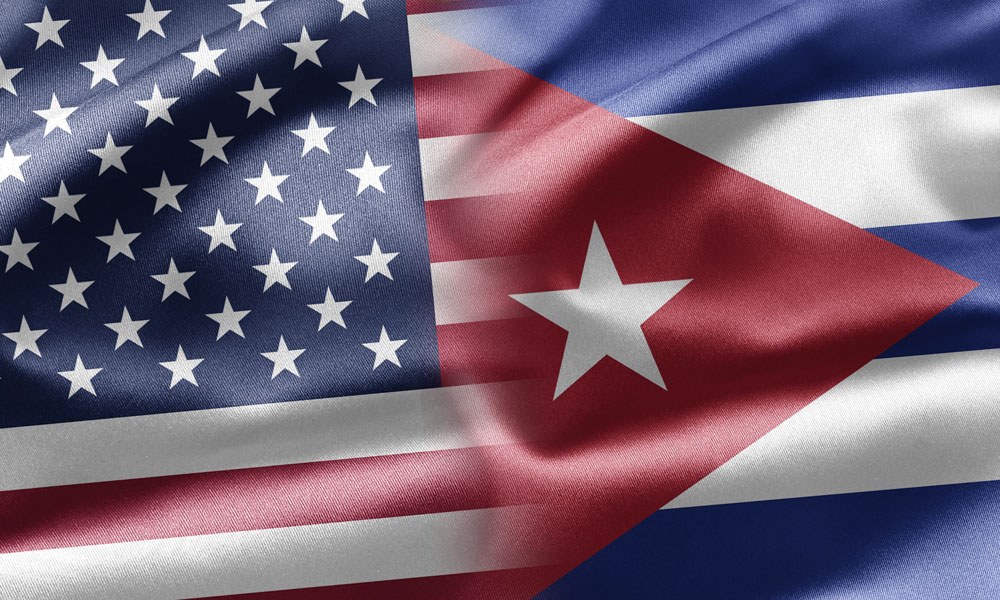
50 Years Later: Helping US-Cuba Relations Via Education
As the U.S. and Cuba embark on a new diplomatic partnership, NAFSA: Association of International Educators launched a new initiative designed to help academic institutions in both nations come together and learn about the other’s people and culture. The group also reiterated the need for Congress to lift the embargo against Cuba to allow for educational partnerships and research.
A year after President Barack Obama’s historic announcement that the U.S. would begin to normalize relations with Cuba, NAFSA: Association of International Educators announced a new initiative promoting educational partnerships between U.S. and Cuban academic institutions.
“As the U.S. and Cuban governments continue the historic process of normalizing relations, it is important that people and cultures that have been separated for more than 50 years have a structured and meaningful framework in which to engage and learn from each other,” said NAFSA Executive Director and CEO Marlene Johnson in a statement. “International education and partnerships have always played an important role in building understanding and collaboration between nations, and we now have an opportunity to positively impact this historic process,” Johnson said.
NAFSA’s 2016 initiative is composed of two parts: The Cuba-U.S. Higher Education Dialogue Project and the Educators for Cuba Campaign. According to the release, the former will “provide on-going teaching and learning events for participants,” as well as travel grants to Cuban education leaders to attend the NAFSA 2016 and 2017 Annual Conferences and other international education events. The latter “redoubles NAFSA’s longstanding commitment to the use of academic exchanges and partnerships” to increase engagement and develop new opportunities.
“It’s important that this be a two-way dialogue, and that the partnerships meet Cuban—not just U.S.—needs,” said NAFSA Deputy Executive Director of Conference, Academic Programs, and Internationalization Services Kevin Hovland. “NAFSA’s Cuba-U.S. Higher Education Dialogue Project is centered on this mutual learning and respect for what both countries’ higher education institutions have to offer.”
Though Obama has announced efforts to normalize relations between the two nations, including restoring academic exchanges, more work is needed, NAFSA said. During NAFSA’s Advocacy Day on March 14-15, the group will urge Congress to end the embargo and travel restrictions.
“The embargo still impedes educational partnerships and innovative research collaboration,” said NAFSA Deputy Executive Director for Public Policy Jill Welch. “Congress needs to act to lift the remaining travel and trade restrictions if we are to truly utilize education as one of the greatest foreign policy and economic tools at our disposal. By coordinating efforts amongst higher education stakeholders, NAFSA aims to create the tipping point needed to reverse the embargo.”
(iStock/Thinkstock)





Comments